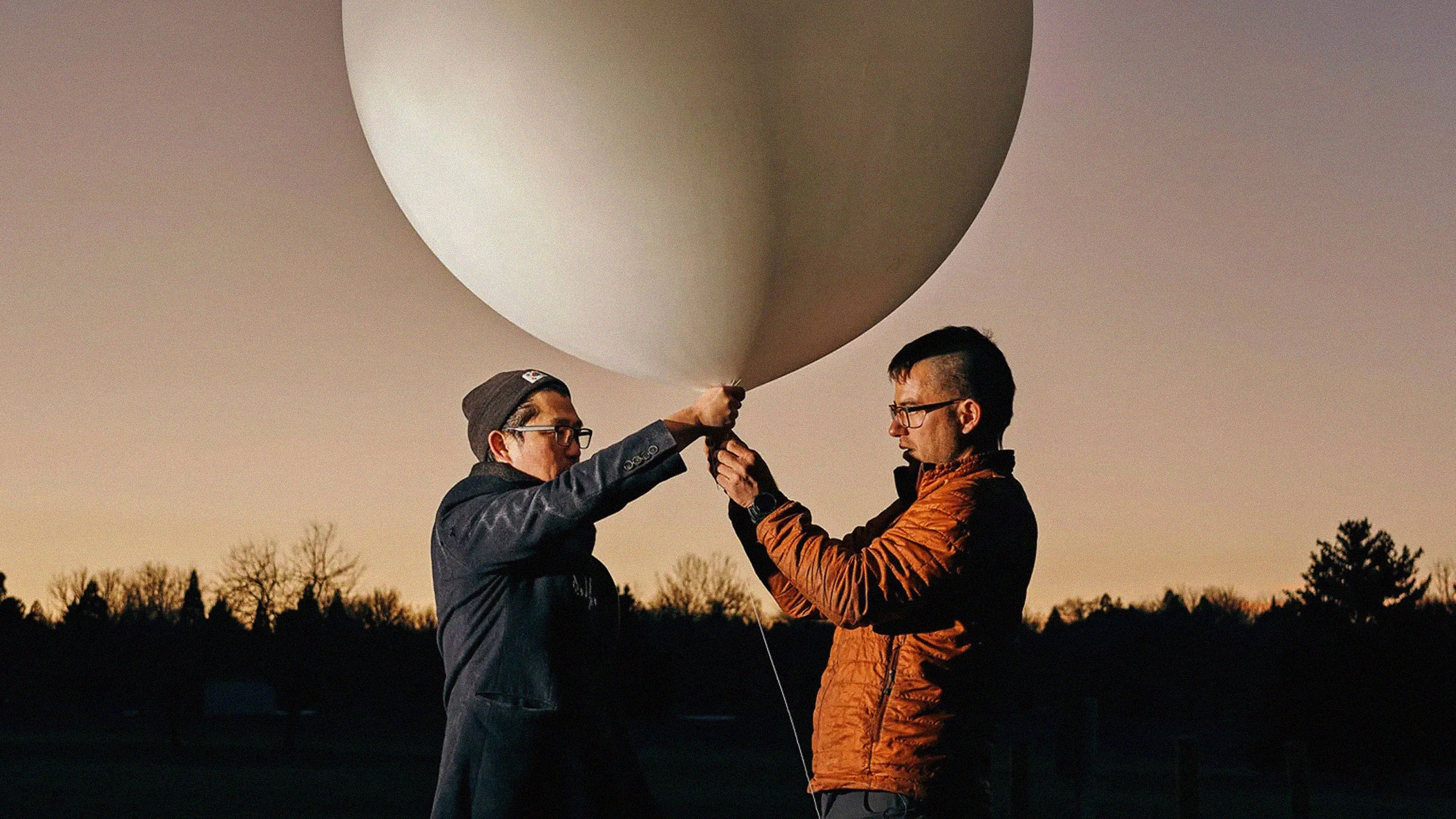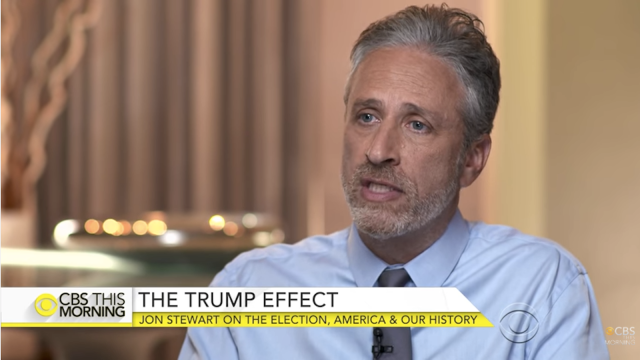US Military Leaders Remind Trump That Climate Change Is a Global Threat

If anyone can convince Donald J. Trump to take climate change seriously, it might be the US military.
After running on a platform that denounced climate change as a “hoax” created by China, the future Commander in Chief has just received a briefing book from 43 “defense experts and former military leaders,” reports Scientific American. The bipartisan book urges President-elect Trump to treat global warming as a national threat to the stability of The United States. In their words, “climate change presents a risk to U.S. national security and international security, and that the United States should advance a comprehensive policy for addressing the risk,” reports Scientific American.
The move is unprecedented, but justified. “Stresses from climate change can increase the likelihood of international or civil conflict, state failure, mass migration and instability in strategically significant areas around the world, the defense experts argue,” Scientific American reports. They continue:
Many military leaders say that considering climate change and renewable energy has made their branches more resilient fighting forces and bureaucracies, starting with reducing emissions and creating a nimble fighting culture that is less dependent on fossil fuels. By reducing their carbon footprint, they become a combatant in the war on rising global temperatures, military leaders say.
The full slate of recommendations are in the Department of Defense report, but the requests laid before President-elect Trump are summarized as:
Order the Pentagon to game out catastrophic climate scenarios
Track trends in climate impacts
Collaborate with civilian communities.
While it may seem surprising that the military is taking this position, they’ve been quietly embracing eco-friendly policies for years. In September, at the behest of a memo from President Obama, the US military began taking the effects of global warming “into consideration when developing plans and implementing procedures,” according to the report. They are also “anticipating and managing any risks that develop as a result of climate change to build resilience” throughout the military’s branches. That means “toying with everything from biofuel for Air Force planes to solar panels at air bases,” according to Green Business Bureau (GBB). It also means embracing cleaner technologies like wind and solar power stations, investing in hybrid vehicles, and even using spray foam insulation to reduce energy costs. That last measure has “cut down energy use by 45%,” reports GBB. Since they report that the military uses 1.5% of the nation’s total energy, that reduction means more resources directed toward our troops:
“If we can reduce consumption on our forward operating bases by using renewable energy, let’s say wind or solar instead of a diesel generator outside the tent … then we can reduce the number of these supply convoys that need to come forward that are getting hit by these IEDs,” said Tad Davis, deputy assistant secretary for environment, safety and occupational health.
Encouraging as that is, the Republican Congressional majority is skeptical of climate change being a national security risk. “House Republicans this summer passed defense appropriations and authorization bills that bar the Defense Department from spending money on efforts to combat climate change, including green fuel projects,” reports Scientific American. Worse still, in response to President Obama’s September memo, “Rep. Lamar Smith (R-Texas), the chairman of the House Science, Space and Technology Committee, wrote to national security adviser Susan Rice requesting that the Obama administration offer proof of its assertion that climate change is a national security threat.”
In addition, Bill O’Reilly is urging Trump to honor the Paris Treaty and its climate change policies, and China is telling Trump they aren’t responsible for climate change. People all over the world are concerned about how global warming could worsen without the support of The United States.
For the good of the world, I hope the future President takes climate change seriously.
—





